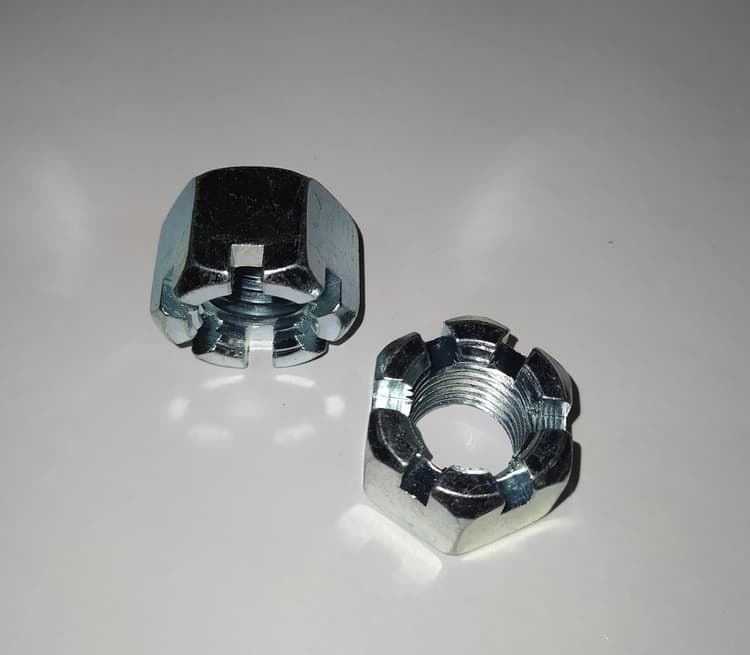| Size | M3 to M100 |
|---|---|
| Type | Custom Fasteners, Bolt, Nut, Screw, Washer, Rivet, Threaded Rod, Coated, Nails, Studs |
| Standard | Din, Iso, Jis, Gb, Is, Bs, Astm |
| Length | 3mm to 200mm |
| Material | Stainless Steel, Phosphor Bronze, Monel, Inconel, Incoloy, Nickel, Hastelloy |
Top Quality Slotted Nuts Manufacturer in India
We are the top leading Slotted Nuts Supplier in India.Our company offers Slotted Nuts in different sizes & standards. Slotted Nuts are also available in different materials and grades. Slotted Nuts used for construction materials for projects such as docks, bridges, highway systems, and homes, among other things. Slotted Nuts are also available in different materials and grades.
